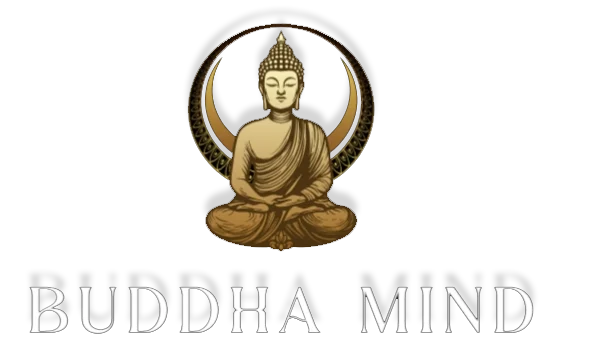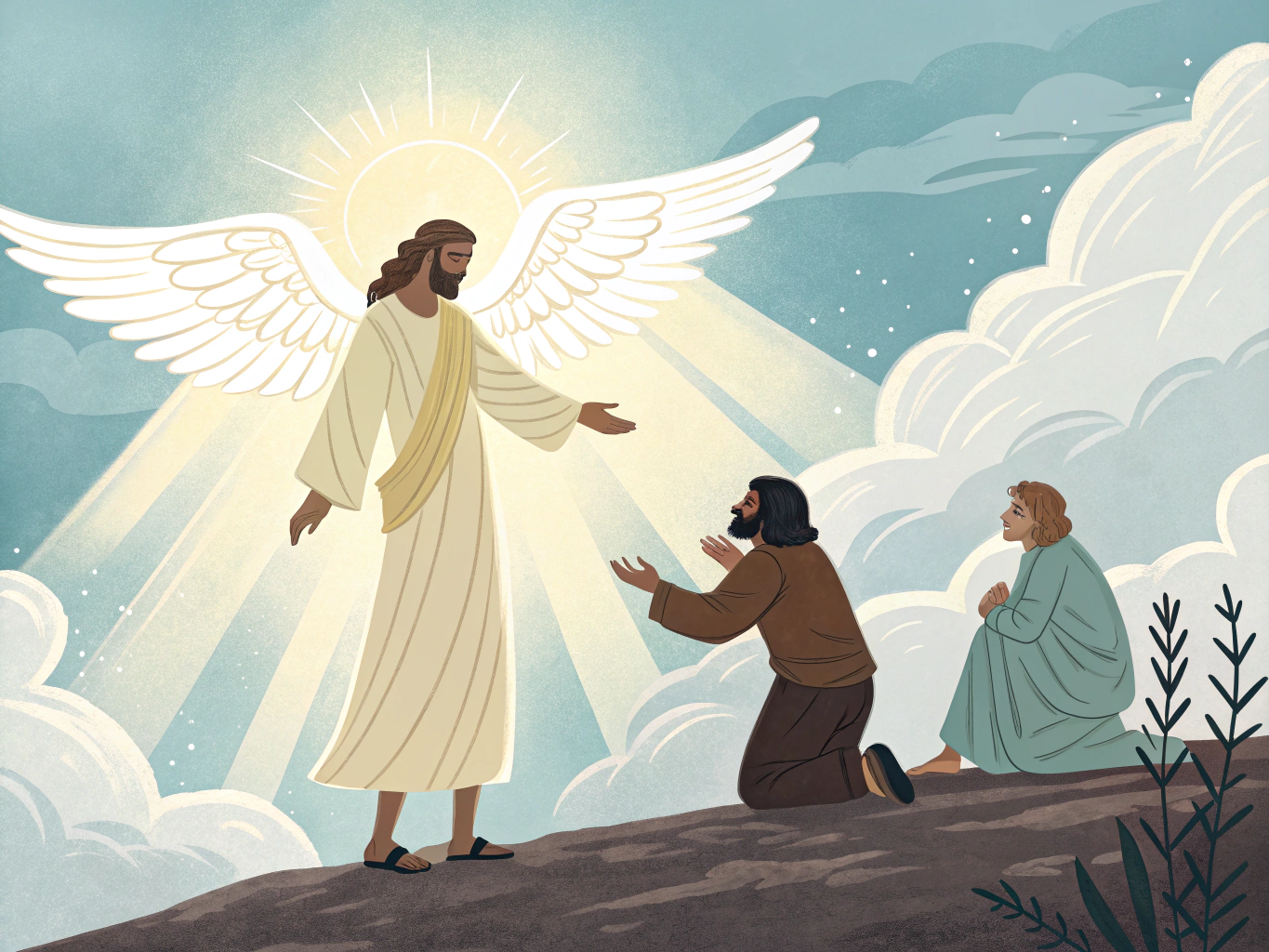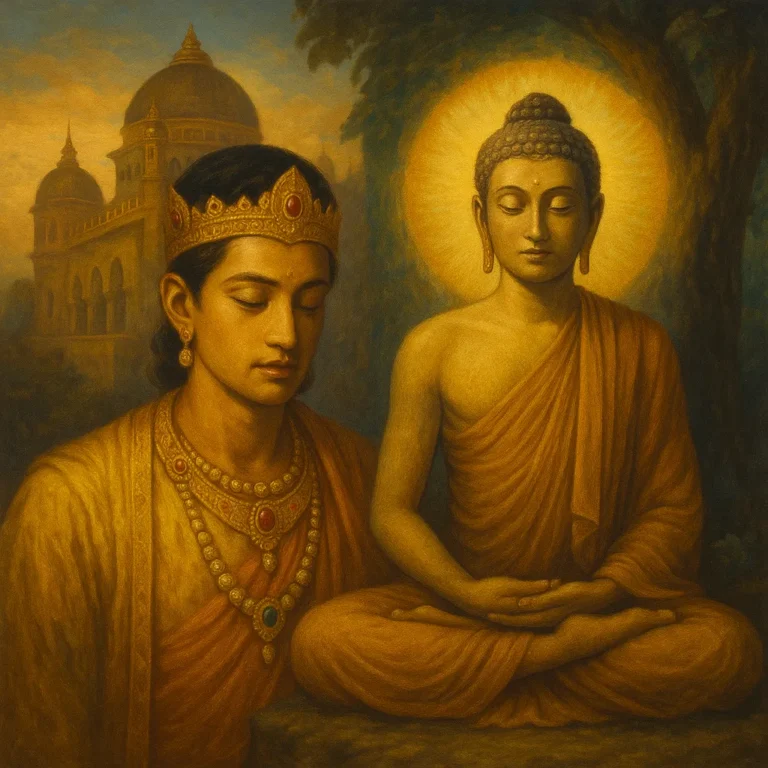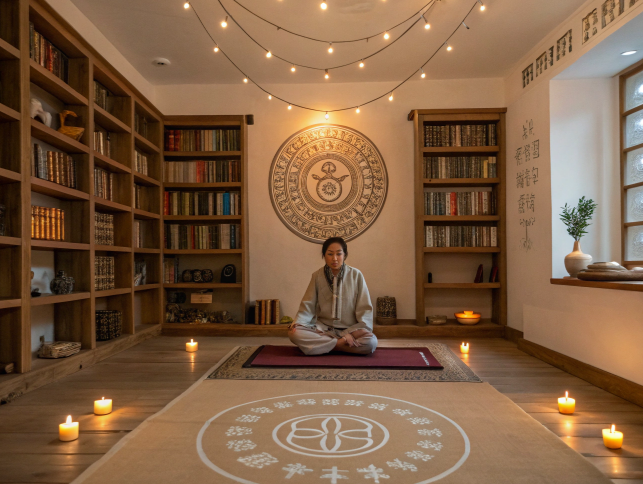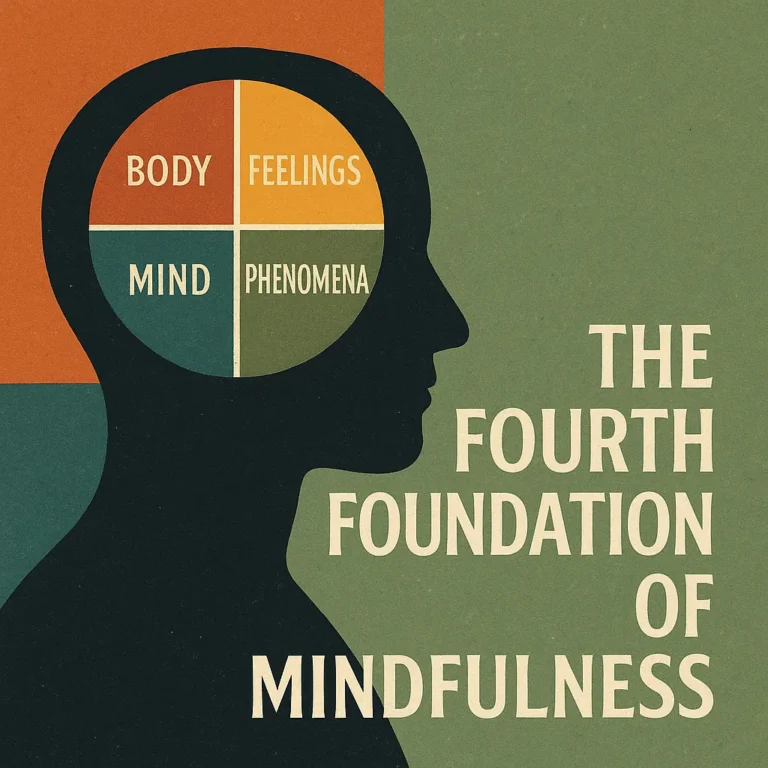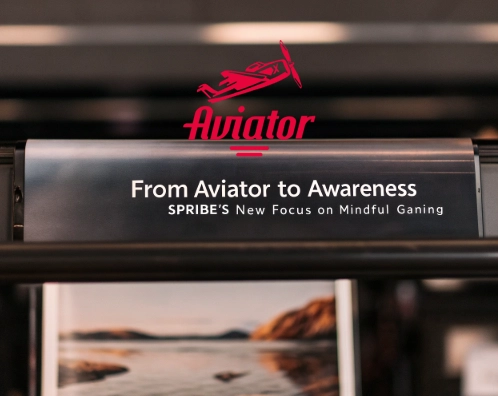Understanding the Dynamics of Divine Grace
The relationship between the soul and the divine often revolves around a single paradox: grace is unconditional, yet surrender is required to receive it. This paradox is at the heart of many spiritual teachings, including those in Anand Swaroop Maharaj’s lineage and Bhakti Yoga tradition.
In this journey, it’s not about demanding proof before belief—it’s about choosing trust before reward. So, why is surrender the first step, and not grace?
Why Grace Doesn’t Come First

It’s natural for the mind to question: “Why can’t the divine grace me first, so I can believe and then surrender?” This seems logical, even fair. But according to the teachings echoed across centuries of saints, including Kripaluji Maharaj, this logic doesn’t apply in the spiritual realm.
Divine grace follows surrender because the spiritual path isn’t a transaction—it’s a transformation. If grace were handed out before trust was developed, we might misuse it or walk away unchanged.
Takeaway: Without trust, grace loses its purpose—it doesn’t transform, it merely satisfies.
The Mind’s Objections and the Soul’s Resistance
Even with this understanding, the mind often resists. It fears being let down, asking, “What if I surrender, and nothing happens?” This fear is rooted in our worldly experiences, where trust is often broken.
But the divine doesn’t operate on human timelines or insecurities. As the teachings suggest, surrender must come first—not as a blind leap, but as an act of openness that signals readiness.
Spiritual Growth Is Not Without Pain
Imagine a rough piece of wood asking a sculptor to make it beautiful. The sculptor agrees—but only through chiseling, cutting, and reshaping. The wood resists the pain but cannot become an idol without it.
This parable perfectly mirrors spiritual refinement. Pain, struggle, and loss are not punishments—they’re divine tools that shape us.
Takeaway: True grace often comes disguised as discomfort. Growth rarely feels like grace—but it is.
When the Divine Steps In: The Tipping Point
There’s a moment when a soul, exhausted from striving, drops the last of its ego. That’s when divine grace floods in. As spiritual teacher Yogi Shree Krishna Prem said, “Grace intervenes when you’re at the end of your tether.”
This tipping point—where effort meets surrender—isn’t about giving up. It’s about letting go of control and fully depending on the divine.
Table: Surrender vs. Demand – A Spiritual Comparison
| Aspect | Demand for Grace | Surrender First |
|---|---|---|
| Motivation | Driven by doubt and fear | Rooted in trust and longing |
| Outcome | Conditional, often unfulfilled | Unconditional, transformative |
| Spiritual Role | Passive expectation | Active participation |
| Divine Response | Withheld due to resistance | Bestowed through recognition of sincerity |
| Emotional Result | Frustration, confusion | Peace, humility, strength |
Insight: Grace meets the soul at the intersection of exhaustion and devotion—not before.
The Illusion of Control: Who Is the Doer?
A four-year-old tries lifting a heavy barbell. Unknown to him, his father supports it from behind. The child beams with pride—believing he did it. But later, he realizes someone greater was always there, carrying the real weight.
This story reveals a core teaching: we are not the sole doers. God is the source of our strength, whether we realize it or not.
Takeaway: Our effort matters—but only as much as we allow divine help to work through us.
